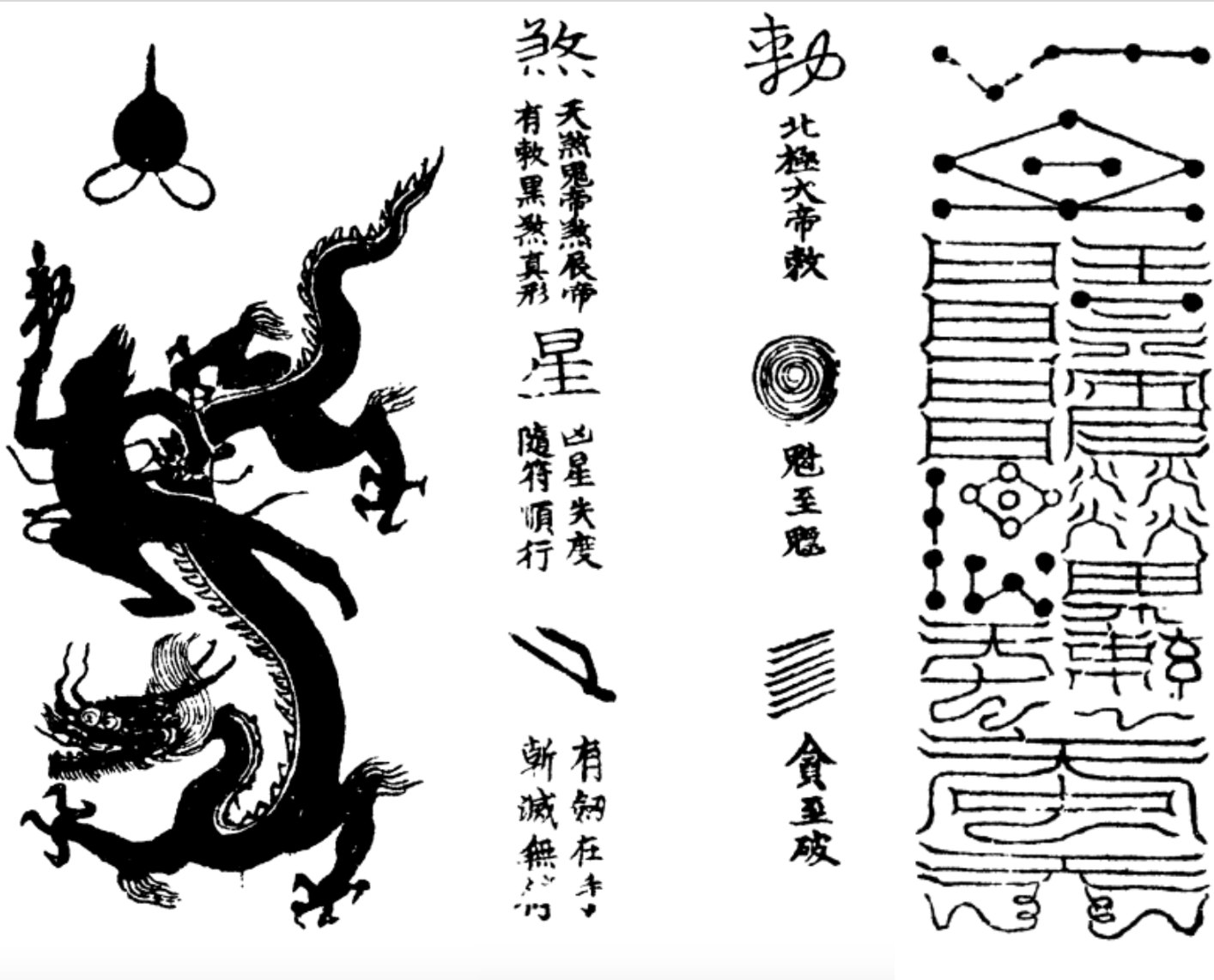《西遊記》與兩部傳奇戲曲改編中的儀式化
Book Culture in Buddhism and Beyond lecture given by Zhaokun Xin 辛兆坤 , University of Manchester
Abstract: Already documented in early orthodox works, star-averting primarily aims at driving away astronomical anomalies. The ritual practice also figures prominently in Buddhist and Daoist writings, as well as in late imperial Chinese fiction and drama. This paper first teases out the dismissive attitude prevailing in orthodox statecraft writings toward the ritual practice, in contradistinction to the Buddhist and Daoist textualization of star-averting that assumes its efficacy. Drawing on Catherine Bell’s theory of ritualization, the following discussion further seizes on star-averting in three cases of adaptation, both fictional and dramatic, to demonstrate how typographical and musical strategies differentiate the practice from the quotidian activities that immediately surround it. Across many editions of the Xiyou ji (Journey to the West), mostly from the Ming Dynasty (1368-1644), distinctive typographical layout contributes to ritualizing star-averting, whereas in the two chuanqi plays entitled Jingzhong ji (The Tale of Pure Loyalty) and Nanyang yue (Music of Nanyang), it is the embedment of an entirely different musical genre that fulfills the ritualizing function. More significant, the ritualization of star-averting by engaging with typographical conventions and musical structures in turn empowers those involved in producing these works to partake in the extended adaptational process. In other words, ritualization serves not only as but also for adaptation.
摘要: 「禳星」儀式於早期正統作品中已有記錄,主要以祛除天文異象為目的。該儀式於佛道作品及中國帝製晚期小說戲曲中亦格外突出。此次演講將首先展示正統經世話語中對「禳星」的不懈,並將這種態度與佛道語境中對該儀式文本化的努力及靈力預設進行比照。運用凱瑟琳·貝爾的儀式化理論,我們將進一步探討三例小說戲曲改編中排版策略及音樂結構如何將「禳星」與其它日常活動加以區分。具體而言,現存明版《西遊記》多通過特殊版面設計促使「禳星」儀式化,而《精忠記》與《南陽樂》兩部傳奇則是通過加入完全不同的音樂類型實現這一目的。更為重要的是,「禳星」的儀式化使得三部作品的生產者能夠與刻印傳統及音樂結構產生交互,並參與到這些作品漫長的改編過程中。換言之,儀式化不僅是改編,而且使改編得以實現。
Zhaokun Xin is Lecturer in Chinese Studies at the University of Manchester. His research is rooted in late imperial Chinese literature, drawing on the fields of affect and gender studies, ritual theory, and medical humanities. His ongoing project zooms in on anger to explore the discursive reconfiguration of emotional norms in Ming-Qing fiction and drama. He is also broadly interested in translation studies and Sino-Japanese literary exchanges.
辛兆坤現為曼徹斯特大學中國研究方向講師,其研究聚焦晚期帝制中國文學與情動、性別研究,儀式理論及醫學人文領域之交互,現階段正致力於通過「怒」這一情感探索明清小說戲曲中對於情感規范的重置。其對於翻譯研究及中日文學互動亦有廣泛興趣。
| Contact |
|---|
| Dr Noga Ganany: ng462@cam.ac.uk |

